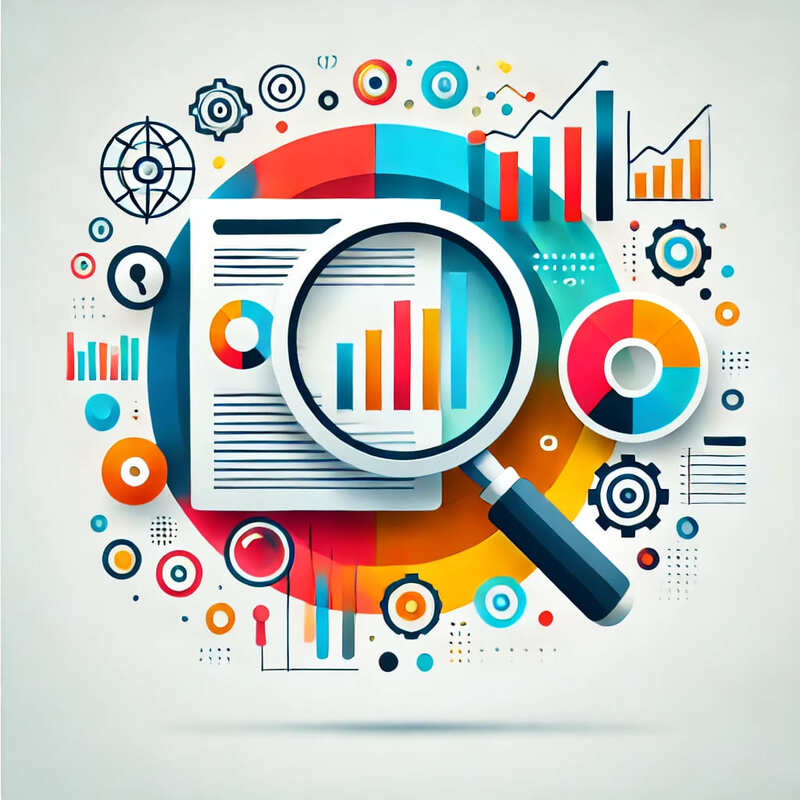
Introduction
The fifth article in our consulting training series delves into Data Gathering and Analysis. This is a cornerstone of our agency’s consultative approach to client strategy and sales. Proper data gathering and analysis not only inform the decision-making process but also provide valuable insights that can drive project success and client satisfaction.
Objectives
Upon completing this module, participants should be able to:
The Significance of Data Gathering and Analysis
Data gathering and analysis are crucial for understanding the client’s needs, market conditions, and other variables that may affect the project. They serve as the empirical foundation upon which strategies are built and decisions are made.
Methods of Data Gathering
Tools for Data Gathering
Data Analysis Techniques
Application Across Roles
Data gathering and analysis skills are universally beneficial:
Conclusion
Data Gathering and Analysis are fundamental to the consulting process. This article equips team members with the knowledge and tools they need to collect and analyze data effectively. Mastering these skills is essential for anyone involved in a consultative approach to client engagement, as it enables more informed decision-making and contributes to project and client success.